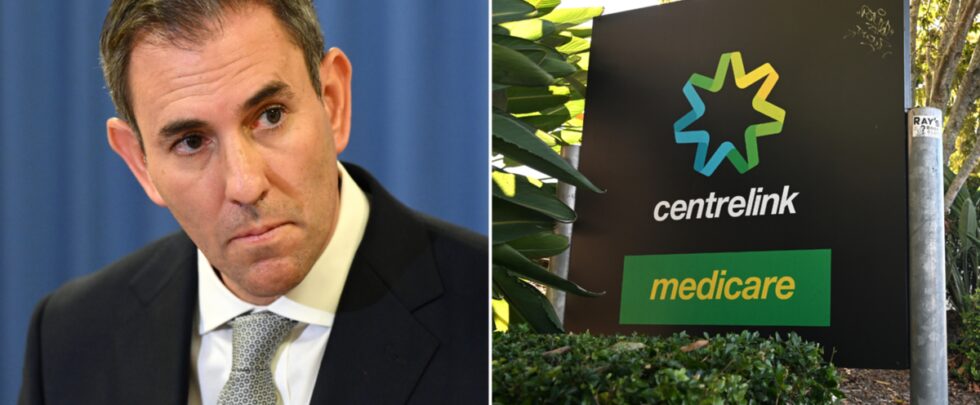Yet the economists, in an open letter to the prime minister, said the $386-per-week rate of Jobseeker welfare support was still too low and failing to increase it would entrench disadvantage in the community. Rich Insight economist Chris Richardson, Impact Economics and Policy lead economist Angela Jackson and independent economist Saul Eslake were among the signatories. Last week, the Economic Inclusion Advisory Committee - stood up in 2022 to provide independent advice to the government before every budget - recommended boosting jobseeker payments to 90 per cent of the age pension. Raising income support payments was the best way to provide cost-of-living relief to people who need it most, the economists said in their letter and was more targeted than tax cuts. “We estimate that lifting payments to 90 per cent of the pension would cost $4.6 billion per annum, which is a quarter of the cost of the stage three tax cuts,” they wrote. Dr Jackson, speaking at the National Press Club on Wednesday, said boosting jobseeker and other income supports would help support women fleeing domestic violence and single parents.
The Albanese government has announced nearly $1 billion in funding for women escaping violent or abusive situations amid public outcry over a spike in the rate of women killed by an intimate partner. Dr Jackson welcomed the announcement but urged the government to ease underlying poverty and boost income support payments, noting women who had experienced family violence were three times more likely to endure financial insecurity. With just two weeks to go before the federal budget, Dr Chalmers has also been outlining upcoming changes to foreign investment laws. Rising geopolitical tensions, the race to net zero, fragmenting markets, shifting demographics and supply chain shocks were the new normal, Dr Chalmers said during an address to the Lowy Institute. “We are now in a new phase in the global economy, one just only becoming evident,” he said. Stronger, streamlined and more transparent foreign investment rules are needed in response, starting with more resources for screening riskier ventures, such as critical minerals investments or those near defence force sites. Fast-tracking will be opened up to investors already known to the country and those that “don’t raise any sensitivities”.
In Australia, foreign investment proposals are screened case by case to ensure they align with the national interest.















